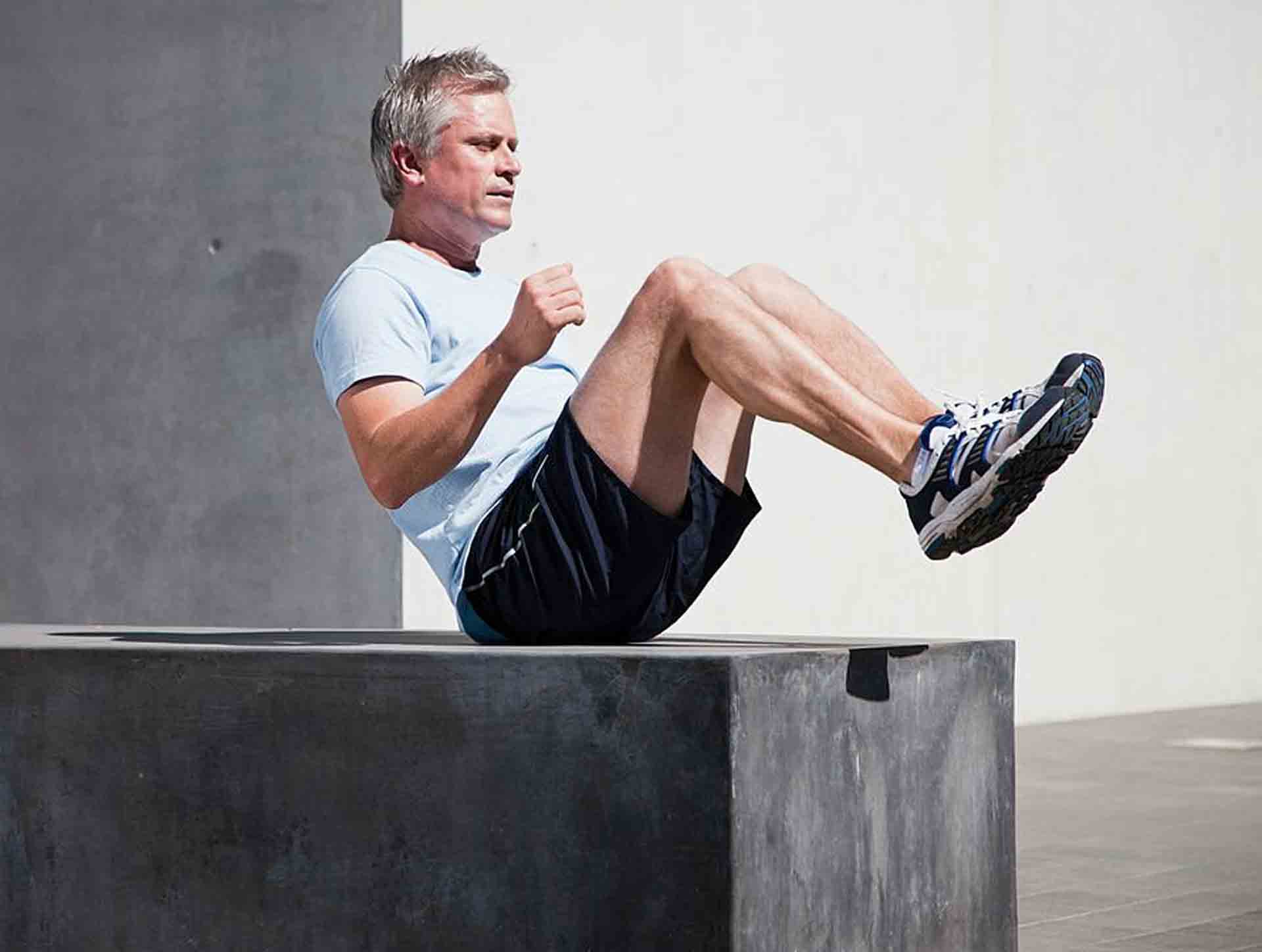
October 24, 2023 | 3 Mins Read
TABLE OF CONTENTS
3. Exploring Loaded Squats: A Deeper Dive
4. Are Squats Beneficial for Knee Health?
5. Mastering the Art of Squatting
7. Can I Do Squats Even with an Injury?
8. Modifications for Newbies and Those with Injuries
9. Pain During Squats: What Should You Do?
10. Can Knee Sleeves Help Me with My Squats?
11. What Is the Best Knee Sleeve for Squats?
12. Final Thoughts
Exercise myths are aplenty, and among the most persistent is the belief that squats wreak havoc on your knees. Is there any truth behind this? Science says no.

Contrary to popular belief, the unanimous voice of research proclaims that squats are, in fact, beneficial for your knees. When investigating the intricacies of the squat motion, a primary focus often lands on the anterior cruciate ligament (ACL). Some believe that squats stretch and stress the ACL, but scientific findings highlight the opposite. As you descend into a squat, the stress on the ACL diminishes. This is especially prominent when the knee flexes, or bends, beyond 90 degrees – the exact motion of a squat.
That's not to brush aside the reality that squats do place certain forces on the knee. Elements like the meniscus, cartilage, and patella tendon experience increased shear stress during a squat. However, this stress tends to plateau once your knee achieves that pivotal 90-degree flexion—similar to the motion when climbing stairs. This proves that the mere act of squatting isn't what’s harmful to the knee.
Common wisdom once discouraged deep squats (those that go beyond 90 degrees). However, recent studies have shown that these deeper squats evenly distribute tension, balancing the weight across the knee and its tissues. This not only strengthens the knee but may also help in preventing potential injuries.

The plot thickens when we introduce weights into the equation. Squatting beyond body weight, especially in a gym setting, means gradually increasing the load. As you amplify this load, the forces acting on the knee joint also intensify.
The structures within our knee – from cartilage and ligaments to tendons and the meniscus – are designed to adapt, much like the muscles in our legs. They can endure, and even thrive, under progressive loads, becoming more resilient and injury-resistant. The trick lies in:
For optimal knee health, mastering squat technique is paramount. Here's a simplified guide to ace the squat:
Think of it like you’re attempting to sit on an imaginary chair.
To get better at squats and strengthen your knees, here’s a step-by-step squat progression you can try:
The aim is to perfect each variation within its designated four-week window while slightly increasing weights for consistent strength augmentation.
For individuals recovering from knee injuries or degenerative conditions like osteoarthritis, a modified squat regime can still bring benefits. Static, low-angle squats have been proven effective in pain reduction, enhanced range of motion, and improved muscle strength over extended periods.
If you're new to squats or you have injuries that make squats harder, here are some modifications you can try to make it easier for you:
Remember, it's essential to listen to your body. If a movement causes pain (not to be confused with discomfort), it's crucial to stop and consult with a fitness professional or physical therapist.
If squats lead to discomfort, form-check is the first step. Inconsistent form can cause back or knee pain. Should pain persist even with correct form, or if you have a history of injuries, consult a fitness professional or physical therapist. As a first-aid treatment, you may perform the RICE treatment: rest the knee, apply ice, apply compression, and elevate the area.
Knee sleeves can be beneficial when doing squats. They provide compression, which can increase blood flow and reduce pain and swelling during and after workouts. By offering support to the knee joint and surrounding tissues, knee sleeves can enhance stability during squats, reducing the risk of injury. They also offer a warming effect, helping to keep the knee joint lubricated and potentially improving squat performance. For those with prior knee issues or concerns about injury, knee sleeves can offer an added layer of protection and confidence during squats.
The Koprez Knee Compression Sleeve is the number 1 choice for those looking to add squats to their routine, particularly those with injuries or concerns about their knees. Here’s what makes it so great:
The Koprez Knee Compression Sleeve is a game-changer for everyone, from beginners to fitness enthusiasts. Its thoughtful design and state-of-the-art features ensure that concerns about knee health won't hold anyone back from reaping the benefits of squats.
Squats are really good for your knees when you do them the right way. If you're just starting out or getting back into exercise after an injury, it's always a smart idea to get some advice on how to squat properly. This way, you make sure you're doing it safely and getting the most benefit for your knees. Remember, it's not about how many squats you can do, but about doing them right!
References
Author

Claire Evans worked as the content marketing manager at Koprez. Claire combined a background of writing and editing, marketing, and patient education to best serve consumers, fitness enthusiasts, athletes, and anyone who relies on the Koprez brand for helpful information.
Koprez® Featured Products


"I sprain my wrist super often, so I decided to try out this sleeve. This is game-changing! I've been using it for a while now, and my wrists feel amazing. I haven't gotten in any injuries since using it too. It just makes my wrists feel so supported."
Alexis A.
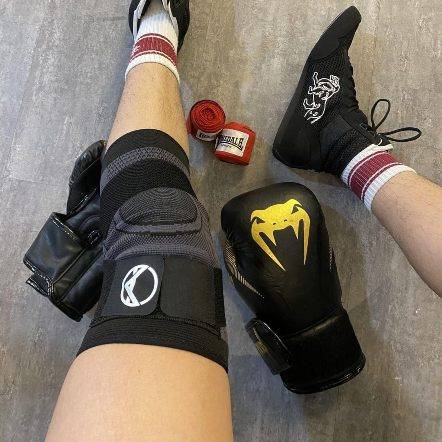

"Use this for my boxing training. It is a very comfortable brace and does not move out of position during skipping ropes and sparring sessions. I use it while running too. Probably the best brace I've purchased throughout the years. It is very flexible. Makes me look like a pro! :)"
Samuel L.


"I've just got back to running after a couple of years of being plagued by injury. These compressions socks are helping give me peace of mind while I build up my distance again. They are the perfect level of compression, super comfy, and very high quality. Feel great while on a run, and looks great in the orange colour I have!"
Dave R.
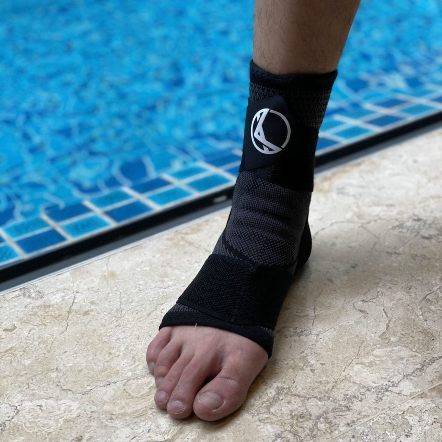

"I have a weak ankle, and the Koprez ankle sleeve has been a lifesaver. Wear it every day. Super breathable and comfortable. Like wearing a cool sporty looking sock!"
James F.
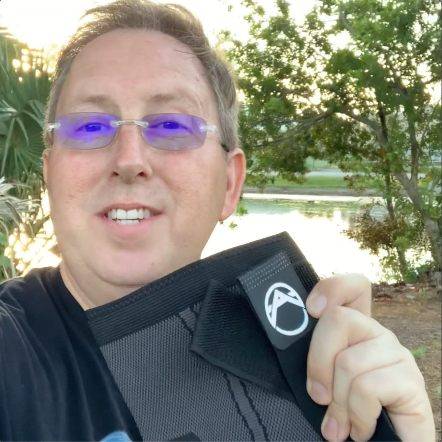

"This is the best knee sleeve I've ever tried. It's now a must-have for all my exercises. A few years ago, I had an accident that damaged my knees, but with Koprez I can be active again with no knee pains at all. It's been truly amazing!"
Alex M.
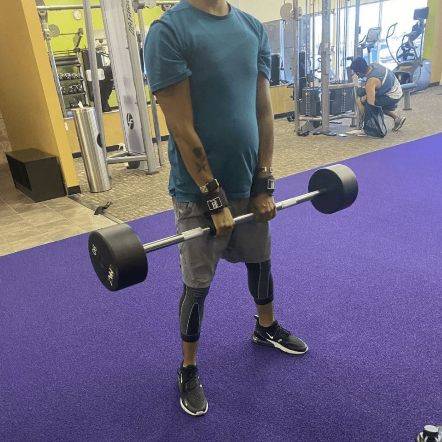

"One of the best purchases I've ever made. It fits your legs all the way from top to bottom, great snug fit, gives you support and definitely helps during rehab and training."
Rafael A.
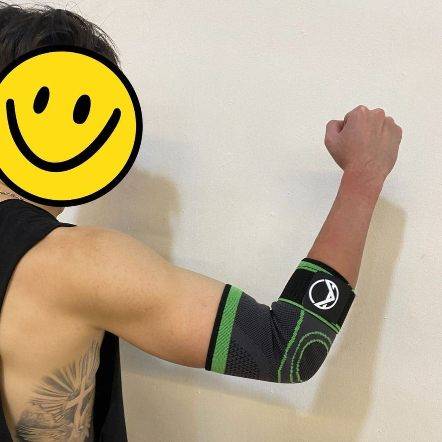

"I had a minor elbow injury, and Koprez sleeve was super supportive and definitely helped me recover faster. I still use the sleeve to prevent further injury. So far, so good. Very comfortable and does not feel hot at all. Highly recommend!"
Corey B.


"It's really been a game-changer for me. It allows me to exercise a lot longer than I used to. Now my knees don't hurt, and they're not uncomfortable at all."
Mike P.


"Great product!!"
Harold
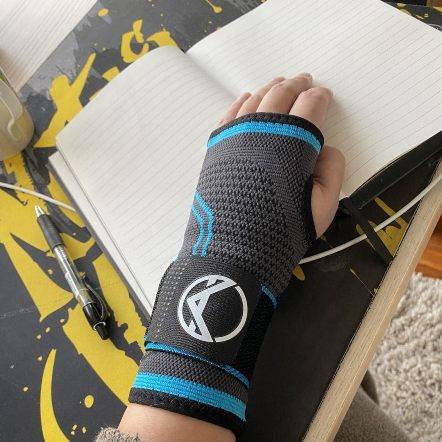

"I have carpal tunnel, and this brace has helped me work pain-free. Love the materials, and I can feel my wrists slowly getting better, even when I don't wear them!"
Christopher J.
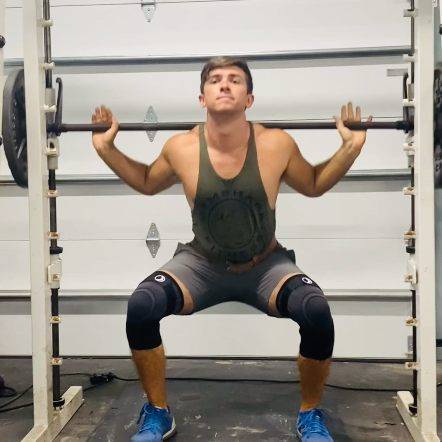

"I wanted to try out these sleeves to improve my squats and deadlift in the gym without worrying about injuring my knees. They stayed up throughout the entire gym session, and my knees feel super supported. Now I can do what I love for years to come. "
Corbin C.